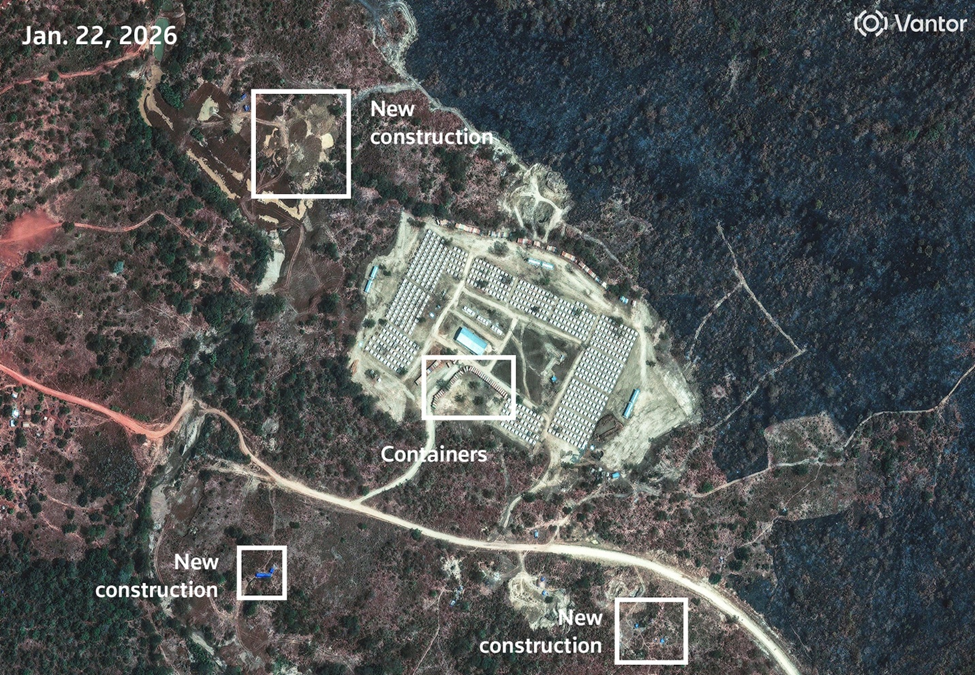A Precarious End to Uganda’s Anti-Gay Act
- The New Yorker

- Aug 5, 2014
- 4 min read

Late last week, Uganda’s constitutional court struck down the country’s anti-homosexuality act, a law that mandates severe sentences—including, in some cases, life imprisonment—for homosexual behavior. On Friday, at the court house in Kampala, a swell of press and lawyers and activists from Uganda, Kenya, and Tanzania awaited the judgment. Martin Ssempa, a Ugandan pastor and prominent supporter of the law, prayed out loud in the courtroom, quoting Bible verses as he denounced homosexuality. Frank Mugisha, a gay-rights activist whom I wrote about for the magazine, in 2012, was optimistic; to him, the case against the law seemed clear cut. When the decision was read, Mugisha and his allies celebrated inside the courtroom. Outside they were met with insults and death threats. Anti-gay demonstrators with large placards yelled that the fight wasn’t over.
The protestors were right. In Uganda, justice for the L.G.B.T. population has been rare, with small victories (such as a 2010 court injunction to force a tabloid to stop outing gays, and the country’s first gay-pride parade, two years later) often followed by harsh repression (the murder of an activist in 2011, and the jailing and blackmail of others). The anti-homosexuality bill was first proposed to parliament in 2009, and its provisions were fiercely debated in Uganda and abroad. By 2013, fervor for the bill seemed to have died down, and many gay activists returned to their work defending L.G.B.T. Ugandans from discrimination and police harassment. In December, however, the legislation was taken up again by parliament, and it quickly passed. Activists were stunned by the speed of the bill’s passage; at the time, Mugisha told me that he was afraid for his friends, who were panicking.
The anti-homosexuality act was signed into law in February by Uganda’s President, Yoweri Museveni, over the objections of Ugandan civil-society organizations, international human-rights groups, and foreign governments, including the United States. Mugisha and other activists filed suit against the law immediately, arguing, among other things, that the act was discriminatory, that it was overly broad and ambiguous, and that it placed undue restrictions on the rights of free association and expression. In Friday’s judgment, the constitutional court overturned the law on the grounds that there was not a quorum in Parliament at the time of the vote, a ruling that leaves open the possibility that another version of the bill could again pass into law.
The court’s decision reminded me of Devine, a flamboyant, self-assured general manager for a local company, whom I met two years ago. We had a drink one evening in downtown Kampala, at a neon-lit lounge staffed by a waiter who Devine gleefully told me liked to hit on him. “In Uganda, in Africa, if you’re gay, every day you have to watch out,” Devine told me. “You can’t be comfortable putting on your high heels and dancing at a club. At one point, you’re like, I wish wasn’t gay, but there’s nothing you can do.” Devine, who was twenty-six at the time, lived with his family in Mukono, a nearby town where the crime rate was one of the highest in central Uganda. He wore cologne and sleek spectacles, and teasingly showed off what he called his “flash,” a shiny watch and bracelet. Growing up in a Christian family, he said, he was expected to settle down, get married, have kids. His father had recently told him that, if he would just bring home a girl, it could prove he was a real man. Devine, for his part, told his relatives that his boyfriend was only a friend, and they had all pretended to believe it. For Devine, that was enough.
“The word ‘gay’ wasn’t even mentioned five years back. Now people acknowledge that we are here. It has gotten better these days,” Devine said. He explained to some of his friends that he was gay, and, after their initial surprise, they accepted it. He and his friends could now go to Mulago, a public hospital, to get free H.I.V. testing and counselling. When he went to a clinic with a transgender friend, the doctor recorded the friend’s gender as male, even though he is biologically female. “That’s how far we’ve come,” Devine told me. At the same time, he said, “You wonder who’s watching you, and you have to pretend you’re not gay.” Despite all the progress, he was still worried about being followed, about motorcycle-taxi drivers hurling slurs at him, and about the prospect of hostility from someone he happened to gaze at. Those problems undoubtedly continue to exist; homophobia is prevalent in Uganda, and certain statutes passed during the British colonial period still criminalize homosexuality. But perhaps Devine feels a bit freer than he did last Thursday.
Over the weekend, Nicholas Opiyo, one of the lead lawyers in the suit against the anti-homosexuality act, told me that the court’s ruling was a “missed opportunity to resolve this issue” definitively. “What this has done is postpone the debate to another day,” he said. Nevertheless, he insisted that Friday’s ruling was important. Civil-society organizations that had been raided or suspended by the police for “promoting homosexuality,” an offense under the law, can now resume their programs. Lawmakers, including Museveni, will have a chance to reconsider their views, though it is still unclear whether the President has had a change of heart. Opiyo said that the most important effect of Friday’s ruling was that “the many people who were arrested or who were being investigated by police on charges under this law have now gained their freedom. The very basis for which they were being charged is now unlawful.”
Copyright 2014 The New Yorker






